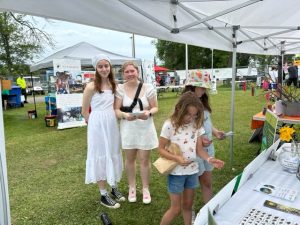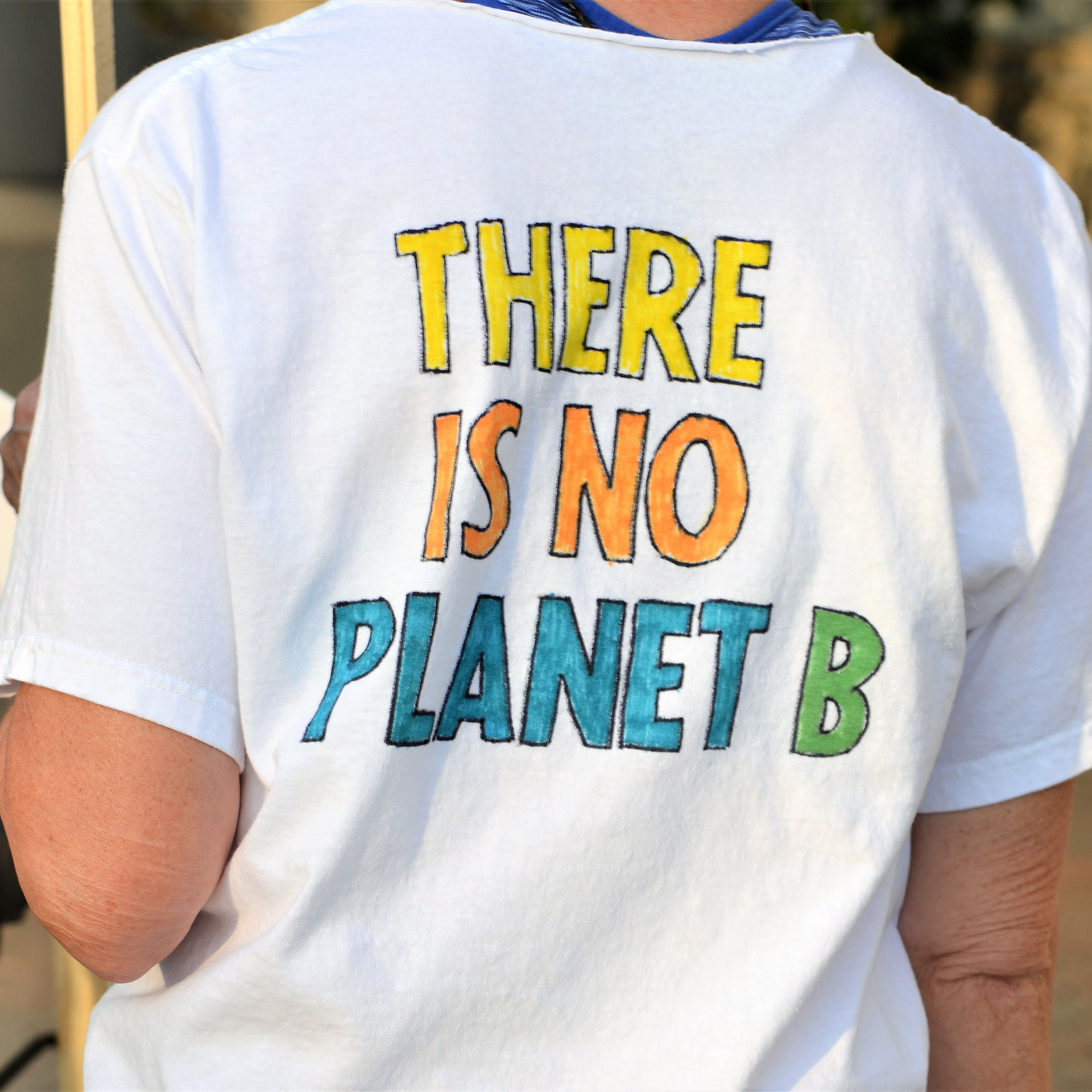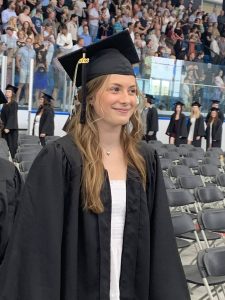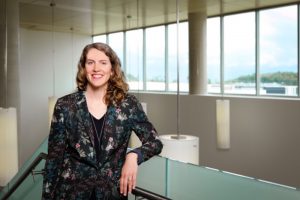
Highlighting Youth Leadership in our Community.
We are delighted to introduce the two young leaders who have taken on the 2023-24 leadership of the Sustainable Orillia Youth Council (SOYC): Kate Sontag, a Grade 12 student at
Climate change is one of the most – and at the same time, least – understood topics. There is a lot of information available, but figuring out what is good information and what is bad is not easy. Thankfully, we have teachers who can guide us toward understanding and action. Sustainable Orillia (SO) has an Education sector because teachers from kindergarten through to post-graduate study are on the front line against climate change. The SO Education sector is co-chaired by Michael Shillolo, Simcoe County Elementary Occasional Teachers, John Knapp, a former high school teacher at Barrie Collegiate, and Dr. Ellen Field, an SSHRC Postdoctoral Researcher and Contract Faculty at Lakehead University.
How we deal with climate change is a critical discussion in which teachers and students should be actively engaged. It will be children and youth who will be living with the effects of climate change for decades to come. However, climate change is challenging and complex and is often referred to as a ‘wicked problem’ because there is no simple solution or silver bullet. This has led some teachers to avoid the topic due to limited knowledge of the issue and lack of professional development. As educators, we need to dispel the idea that we must be subject experts to engage in climate change education; instead, we need to engage in emergent learning as new research surfaces and local impacts and opportunities arise.
Some teachers indicate they avoid the topic due to fear of creating conflict with students, parents, colleagues or administrators who deny the existence of climate change (Berger et al., 2015). However, polling of Canadians by EcoAnalytics in 2017 has shown that 86% of Canadians believe there is solid evidence of climate change. Climate change deniers are firmly in the minority, and educating students about this significant issue should no longer be considered controversial.

Approaching climate change through a local context offers valuable opportunities to evolve practice towards better student understanding and engagement. Through educational processes, learning from—and with—community members, experiencing local examples of climate change that prompt critical reflection, and translating their learning into community-based action projects, students have the opportunity to engage directly with the issues affecting their lives and communities. More importantly, they can develop leadership skills in developing mitigation and adaptation strategies. Connecting climate change to real world problem-solving cultivates creativity, innovation, community-collaboration, design-thinking, and systems-thinking—all important skills for 21stcentury learners.
The psychological effects of hearing media stories about environmental degradation and social problems related to climate change—stories which predominantly use disaster framing—can be severe, especially for young learners. Taking an active, education-driven approach to the problem improves understanding and eases anxiety and stress caused by ecological grief.
We are facing a unique learning moment. “Rather than shying away from looming climate change, the learning moment can be seized to think about what really and profoundly matters [in human society], to collectively envision a better future, and then to become practical visionaries in realizing that future,” say Fumiyo Kagawa and David Selby in Education and Climate Change: Living and Learning in Interesting Times (2010, p.5).
Editor’s Note 1 –This article has been adapted from a piece published by Field, E. & Schwartzberg, P. (December, 2018). Climate Change: A unique learning moment. Perspectives [web magazine for Canadian Teachers Federation](29). Retrieved from: https://perspectives.ctf-fce.ca/en/29/
Sector Chair – to be appointed


We are delighted to introduce the two young leaders who have taken on the 2023-24 leadership of the Sustainable Orillia Youth Council (SOYC): Kate Sontag, a Grade 12 student at

Working through the guidance departments in each of Orillia’s local high schools, we are pleased to confirm that the Sustainable Orillia Youth Council Scholarship has been rolled out for its

Teachers, parents and grandparents: Take note! Recent research reveals how students are responding to the climate emergency—and the results are not encouraging. Dr. Ellen Field of Lakehead University will offer